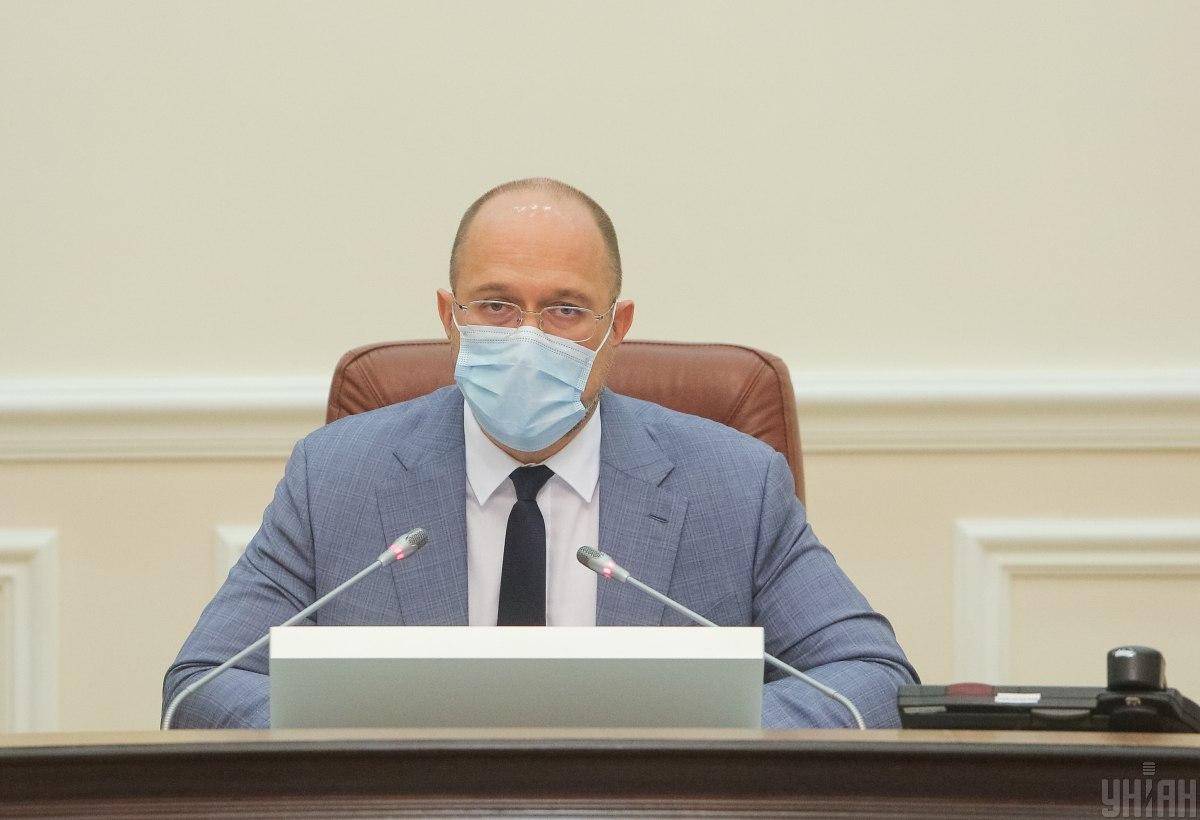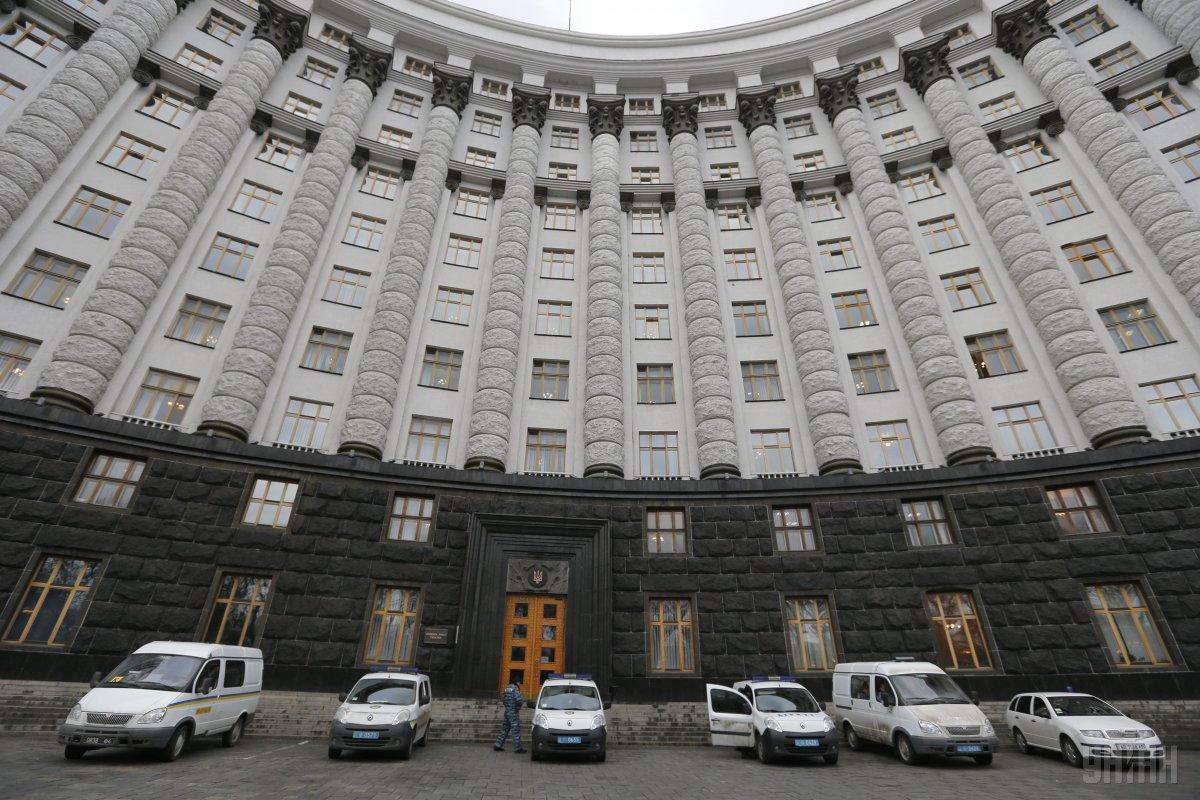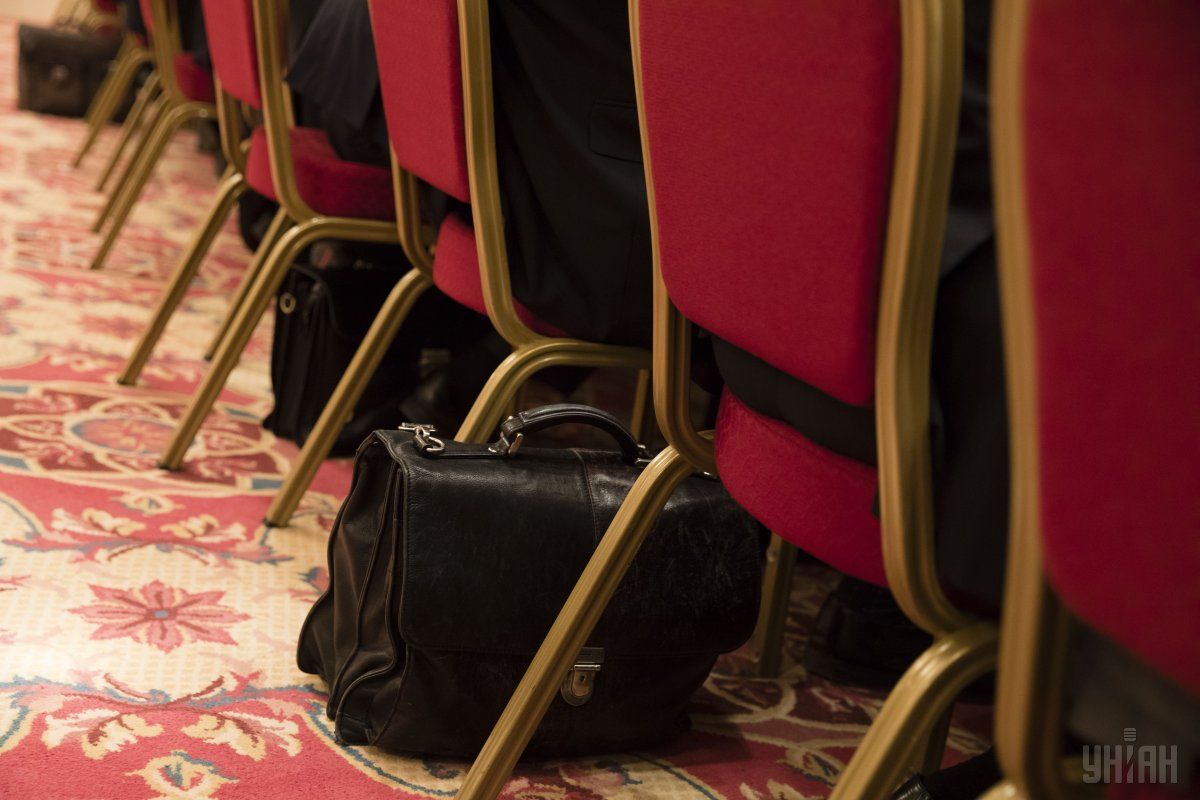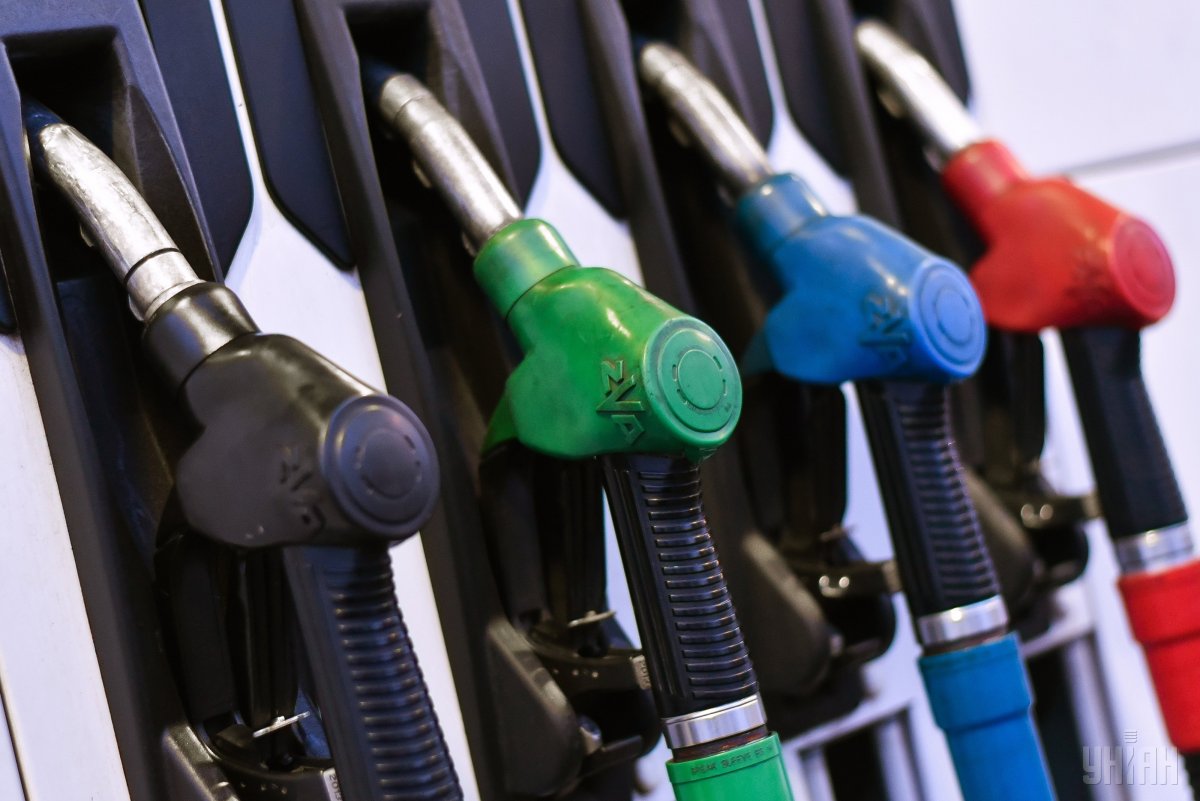
Week's balance: Ukraine, France sign deals worth EUR 1.3 bln, Cabinet creates Bureau of Economic Security, also introducing state regulation of gasoline prices
Ukraine and France have sealed commercial agreements worth EUR 1.3 billion, the Cabinet of Ministers has set up the Bureau of Economic Security, as well as introduced state regulation of petroleum and diesel prices – these are the key economic developments of the outgoing week.
Last week, a month since Ukrainian President Volodymyr Zelensky visited Paris, a delegation headed by French Minister of Economy, Finance and Reconstruction Bruno Le Maire arrived in Kyiv.
The visit saw the signing of four strategic agreements worth EUR 1.3 billion, including a deal for the supply of 130 electric locomotives by Alstom for Ukraine's railway operator Ukrzaliznytsia, worth EUR 900 million, according to Prime Minister Denys Shmyhal.

The second agreement lays down the supply of 370 rescue vehicles for the State Emergency Service, worth up to EUR 300 million, and the third is about the reconstruction of water supply networks in Kyiv, worth up to EUR 70 million, which is expected to improve tap water quality by 25%.
The fourth deal is about financial support for a project to allow quality water supplies to 20 settlements across Luhansk region, in the amount of EUR 70 million.
The head of the Ukrainian government stressed that all projects assume production localization at Ukrainian enterprises – starting at 30% and over, which will create thousands of new jobs.
Bruno Le Maire noted that the purpose of his visit is to expand economic cooperation between the two countries, also assuring that the French side is fully aware of the Ukrainian leadership's will to partly localize French companies' production in Ukraine.
He also said that France seeks to strengthen ties with Ukraine in utilities, energy, infrastructure and transport, as well as health care and agriculture.
End to unfounded raids

In another important step this week, the government founded the Bureau of Economic Security, a new central executive body set to deal with crimes in the economic sphere.
"This is one of the final steps towards eliminating the tax police. This is the end of the era of coercive pressure on businesses. This is the ultimate end to 'mask shows' [aggressive raids of commercial entities by law enforcers], this is about analytical approach to investigating financial and economic crimes," Prime Minister Shmyhal said, commenting on the adopted resolution, adding that the BES is" a new page in relations between government and businesses."
Now the servicing and law enforcing functions of the Tax Service shall be unbundled, tax police – eliminated, the structure of bodies fighting crime in the field of finance - optimized, and duplication of functions – prevented.
Within the SBU security service, the Department for Counterintelligence protection of Ukrainian economy shall be liquidated.
The Bureau shall be accountable to both the President and the Verkhovna Rada, while the government shall coordinate its activities.
It is expected that the BES will start fully operating from this year's autumn, after its chief is appointed and staff formed, capped at 4,000.
Tax raise

The government this week also approved a bill on amendments to the Tax Code, which the Ministry of Finance says will increase state budget revenues by UAH 60 billion.
The draft law offers to increase the rates of certain taxes, in particular, fees for the use of water and forest resources, environmental tax, rent payments, and excise tax on liquor.
The bill is also set to fight the evasion of rent payments for the extraction of minerals and excise taxes on tobacco products. It is also proposed to allow tax audits amid evidence of illegal fuel trafficking.
The document proposes to introduce a minimum tax on 1 hectare of commercial farmland in the amount of 4.5% of land plot value. VAT refunds for intermediaries selling consumer goods are set to be capped.
The bill provides for a number of measures aimed at simplifying collection of tax arrears, as well as introducing taxation of land plots used without proper registration.
In view of the fact that the bill is mainly aimed at raising taxes for big business, experts have already dubbed it an "anti-oligarch law", which significantly reduces its chances to pass parliament, at least in its current shape.
State regulation of gasoline prices

This week, petrol and diesel prices continued their rise across Ukrainian gas station networks by UAH 0.2-1.2 per liter.
At OKKO and WOG, the cost of A-95 petrol has almost reached UAH 32 per liter, while diesel was set at UAH 30 per liter. SOCAR was selling petrol for UAH 32.3 per liter.
According to experts, the main reason for the price climb is the increase in world prices for oil and petroleum products. Since early April, global oil prices have risen from $62 per barrel to $69, slightly sliding by mid-May.
Considering this fact, as well as due to the unstable situation with the import of light petroleum products from Belarus and Russia, at first the Antimonopoly Committee warned market operators against unreasonable price hikes before the Cabinet of Ministers took over.
On May 12, a government decree came into force, adding petrol brands A-92 and A-95, as well as diesel fuel, to the list of goods with high social significance – along with buckwheat, milk, pasta, and protective face masks. In addition, the government has obliged gas station networks to warn about a scheduled increase in prices by 1% or more 20 days prior.
The move immediately drew criticism among market experts, since, among other things, it strengthens positions of "shadow gas stations", which, unlike official market players, don't bother to submit their financial reports.
However, the government didn't stop there – on May 14, it introduced state regulation of petrol and diesel prices pending quarantine. According to the decision, the level of the trade markup to the average price of diesel fuel shall be capped at UAH 7 per liter, and petrol – at UAH 5 per liter.
National Joint Stock Company Naftogaz of Ukraine is tasked with providing calculations of average prices for petrol and diesel fuel, which shall be released by the 5th of each month.
According to calculations, the average price of diesel fuel for May, taking into account the marginal markup, should stand at UAH 27.89 per liter, and petrol – at UAH 30.22.
As noted by the Oil and Gas Association of Ukraine, state regulation of prices for petroleum products creates risks that market operators would be forced to cease or significantly curtail retail trade, or move into the shadows, which will entail an acute shortage of petroleum products at legally operating gas stations.
The next week promises to be no less rich in economic news. The Verkhovna Rada will convene for plenary meetings, while the president will present new possibilities of the Diia App as part of the Ukraine 30 Forum.
The State Statistics Service is set to publish data on retail trade over the four months of 2021, as well as an update on Ukraine demographics.
Ihor Orel

